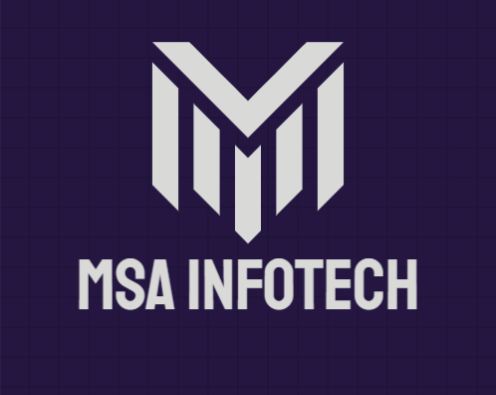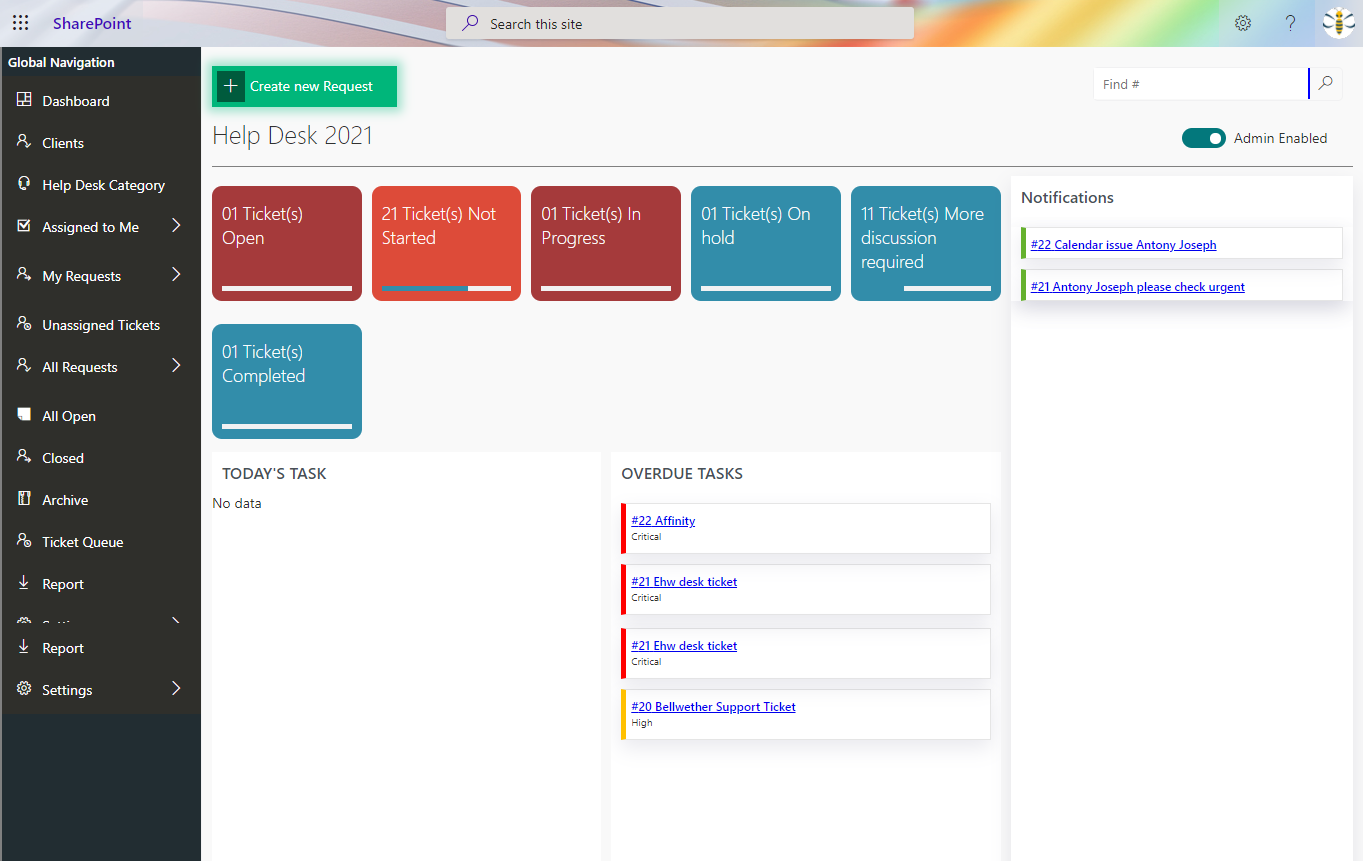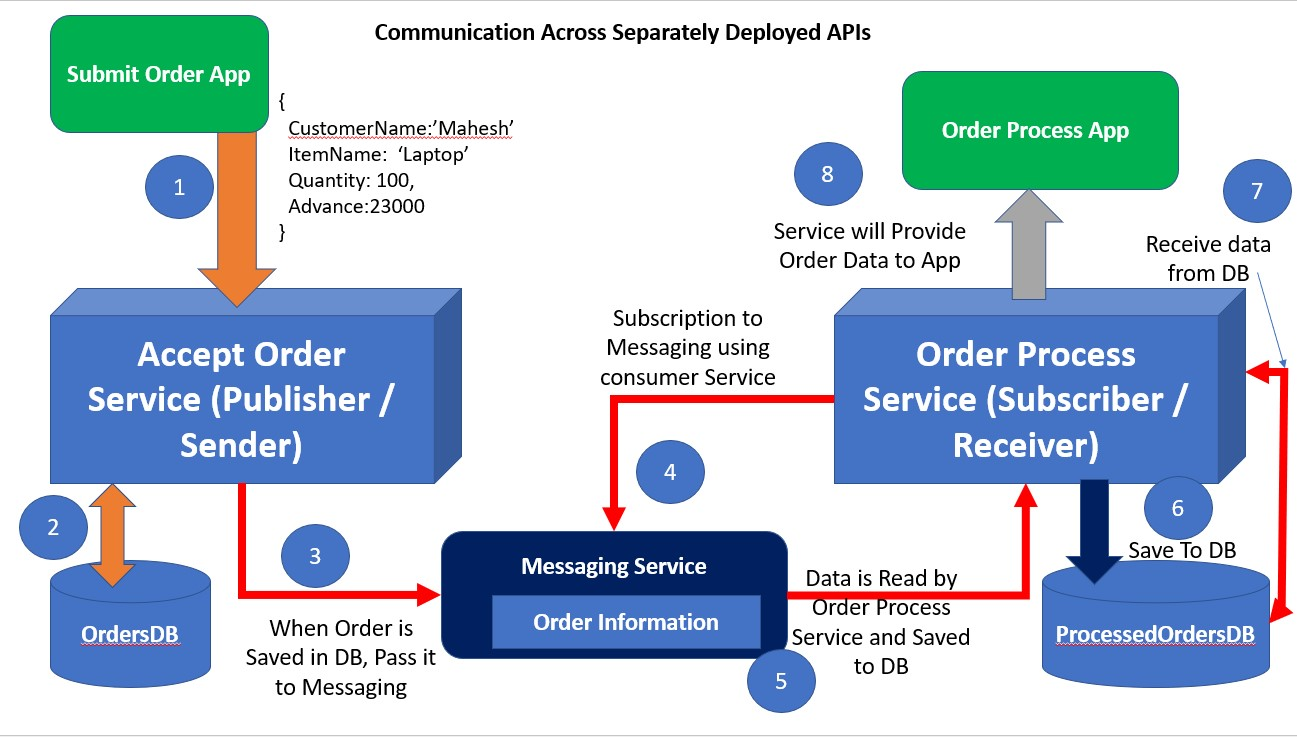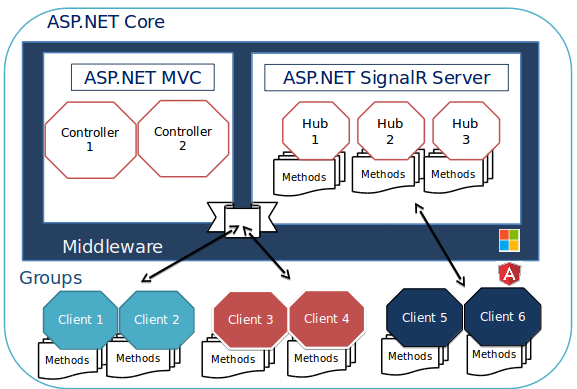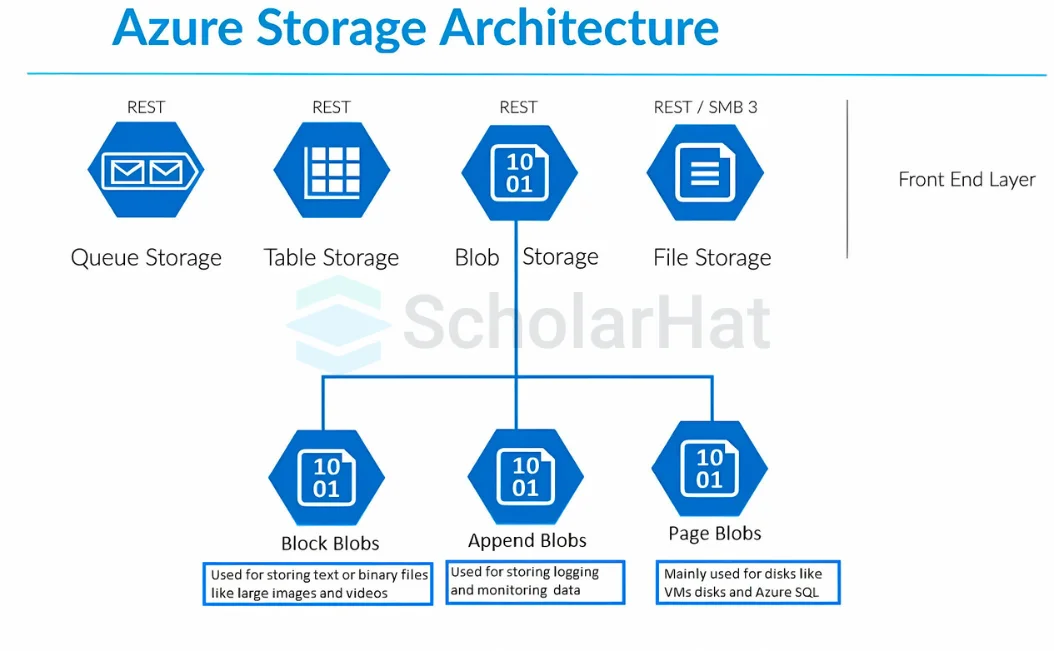Version control
- Cloud
- November 04, 2024
-
Version control
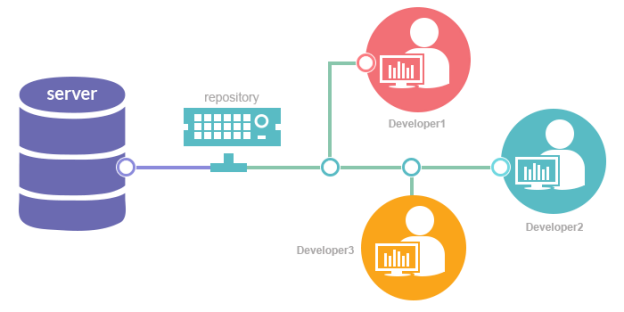
The process of monitoring and managing changes to software code is known as version control, also sometimes referred to as revision control or source control systems
As development environments have accelerated, version control systems help software teams work faster and smarter. They are especially useful for DevOps teams since they help them to reduce development time and increase successful deployments.
Version control software keeps track of every modification to the code in a special kind of database. If a mistake is made, developers can turn back the code and compare earlier versions of the code to help fix the mistake while minimizing disruption to all team members.
Software developers working in teams are continually writing new source code and changing existing source code. The code for a project, app or software component is typically organized in a folder structure or "file tree". One developer on the team may be working on a new feature while another developer fixes an unrelated bug by changing code, each developer may make their changes in several parts of the file tree.
Few Popular Version Control Software Tools:
1. Git

Git is one of the best version control tools that is available in the present market.Git Provides strong support for non-linear development.Git are Compatible with existing systems and protocols like HTTP, FTP, ssh etc.In Git Code changes can be very easily and clearly tracked.Git is Distributed repository model.2. TFS

Team Foundation Server (TFS), now known as Azure DevOps Server, indeed serves as a comprehensive platform for team collaboration and application lifecycle management within the Microsoft ecosystem. TFS provides tools for defining and managing workflows throughout the development lifecycle. This includes features for task tracking, backlog management, sprint planning, and agile methodologies support. TFS includes robust version control capabilities, offering both centralized version control (TFVC - Team Foundation Version Control) and distributed version control (Git).3. Bitbucket
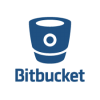
Bitbucket is a Git-based version control platform owned by Atlassian, offering features for hosting private Git repositories, code collaboration, and integration with other Atlassian products like Jira and Confluence. Bitbucket is popular among businesses.4. GitHub
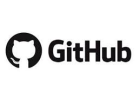
GitHub is a web-based platform built around Git, offering features for hosting Git repositories, code review, issue tracking, and project management. It provides collaboration tools for teams and facilitates open-source contributions from the community. GitHub is popular among businesses for hosting code repositories and fostering collaboration among developers.
5. CVS

CVS is yet another most popular revision control system. It is Client-server repository model.In CVS Multiple developers might work on the same project parallelly. It is Robust and fully-featured command-line client permits powerful scripting.6. SVN

Apache Subversion, abbreviated as SVN aims at to be a best-matched successor to the widely used CVS tool.It is Client-server repository model. However, SVK permits SVN to have distributed branches. SVN Have better windows support as compared to Git.It is Easy to set up and administer.7. Mercurial

Mercurial is indeed a distributed version control system (DVCS) primarily designed for software developers. Mercurial is largely implemented in the Python programming language. This choice offers several advantages, including platform independence, ease of maintenance, and a large community of Python developers who can contribute to its development. Mercurial is known for its scalability and performance, making it suitable for projects of all sizes. Mercurial aims to provide an intuitive and user-friendly interface, both through its command-line tool and various graphical user interfaces (GUIs) available as extensions. It offers features such as branching, merging, tagging, and cherry-picking to support flexible development workflows.8. Visual SourceSafe(VSS)
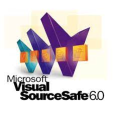
Visual SourceSafe (VSS) was a version control system developed by Microsoft, primarily targeted at small to medium-sized software development projects. It provided basic version control functionality and integration with Microsoft development tools. VSS offered basic version control features such as file locking, branching, labeling, and history tracking. Developers could check out files from the repository, make changes, and check them back in to update the repository.9. Monotone

Monotone is indeed a distributed revision control system designed to be robust, efficient, and easy to use. Monotone is designed to run on a variety of operating systems, including Unix-based systems like Linux, BSD, and macOS, as well as Windows. Unlike centralized version control systems (e.g., SVN), Monotone is decentralized, meaning that every user has their own local repository containing the full version history. This enables offline work, better scalability, and enhanced resilience.10. IBM Rational ClearCase

IBM Rational ClearCase is a software configuration management (SCM) tool that follows a client-server repository model. It provides version control, workspace management, parallel development support, and other features tailored for large-scale software development projects. ClearCase employs a client-server architecture where users interact with a central server to access versioned files and perform operations like check-in, check-out, branching, and merging. This architecture allows for centralized control and management of source code assets.
Start Your Data Journey Today With MSAInfotech
Take the first step towards data-led growth by partnering with MSA Infotech. Whether you seek tailored solutions or expert consultation, we are here to help you harness the power of data for your business. Contact us today and let’s embark on this transformative data adventure together. Get a free consultation today!

We utilize data to transform ourselves, our clients, and the world.

Partnership with leading data platforms and certified talents
